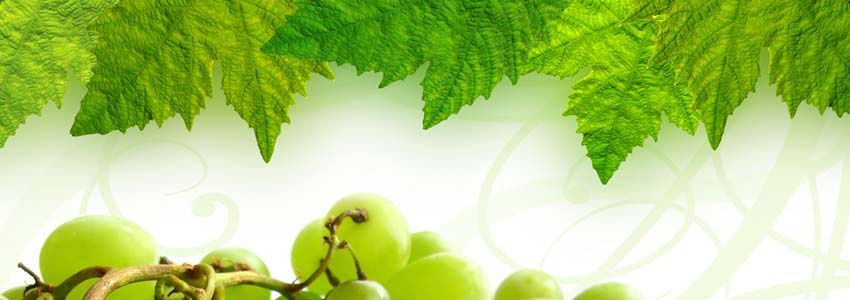Definition of Organic Agriculture
- Ayrıntılar
- Üst Kategori: ROOT
- Kategori: Ecological/Organic Agriculture

Organic agriculture is a production system that sustains the health of soils, ecosystems and people. It relies on ecological processes, biodiversity and cycles adapted to local conditions, rather than the use of inputs with adverse effects. Organic agriculture combines tradition, innovation and science to benefit the shared environment and promote fair relationships and a good quality of life for all involved.
Brief History of Defining Organic Agriculture for the World
After a two year consultative process, in September 2005 in Adelaide, Australia the General Assembly of IFOAM adopted the Principles of Organic Agriculture which are the fundamentals of Organic Agriculture: health, ecology, care and fairness.
The General Assembly also passed a motion to establish a succinct Definition of Organic Agriculture. This definition must explain what Organic Agriculture is, reflecting its true nature and the Principles in a concise way.
After almost three long years of intensive work, the Task Force on the Definition of Organic Agriculture came up with a definition. The World Board brought the definition for ratification to the General Assembly of IFOAM during its last session period in June 2008 in Vignola, Italy. Process
After the motion made by the General Assembly in 2005, the following step was to establish a Task Force on the Definition of Organic Agriculture.
Based on Terms of References, the World Board recruited this Task Force from those who participated on writing the Principles of Organic Agriculture. These Terms of References included the following criteria for the Definition of Organic Agriculture:
• Short / concise
• Positive as opposed to normative (which is the form in which the principles are formulated)
• Positive as opposed to negative (what Organic Agriculture is NOT or does NOT use)
• Cover full diversity of Organic Agriculture in the world
• No specific reference to certification (in line with position on full diversity of Organic Agriculture)
• Based on and tested against the Principles of Organic Agriculture
From April 14th to May 31st 2006, a call went out far and wide to send in definitions of Organic Agriculture giving IFOAM the full diversity of thoughts on how to define Organic Agriculture.
The submitted definitions, as well as other definitions from regulations, past IFOAM publications, and organic agriculture-related definitions, were compiled, analyzed, and summarized into the Definition of Organic Agriculture Report. The Task Force on the Definition of Organic Agriculture used the report to craft a first draft definition in August 2006 and called for comments from IFOAM internal bodies.
All contributions (see report) were analyzed, considered, acknowledged, and where appropriate, incorporated. The Task Force formulated a response to the inputs. Along with the response, the Task Force presented a second draft. The general public and IFOAM members were invited to comment on the second draft definition which was composed of four definitions and explanatory notes. A call was made through personal mail contact, through the IFOAM website and with a general reminder. IFOAM was pleased that many people reacted and submitted their feedback on the second draft definition.
In October 2007 the World Board of IFOAM withdrew the requirement from the Terms of References saying that the Definition of Organic Agriculture should be positive as opposed to negative, and it would allow the definition to include some negative wording. The World Board approved this under the condition that the negative wording would emphasize the positive definition.
After two rounds of inputs and comments, the Task Force met in Bonn on December 12th - 13th 2007, to come to a final draft. Among the most important considerations that the Task Force made to this final draft definition was that the explanatory notes would no longer be needed.
The Standards Committee was informed about this definition at their meeting on January 19th – 21st. Their major recommendation, which was also shared by the Executive Board in January 2008, was to remove the word “food” from the draft definition.
Finally, the World Board in March 2008 approved the following definition:
Organic agriculture is a production system that sustains the health of soils, ecosystems and people. It relies on ecological processes, biodiversity and cycles adapted to local conditions, rather than the use of inputs with adverse effects. Organic agriculture combines tradition, innovation and science to benefit the shared environment and promote fair relationships and a good quality of life for all involved.









